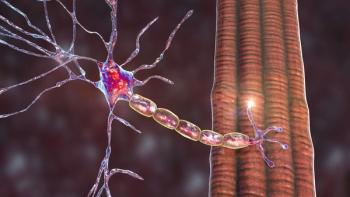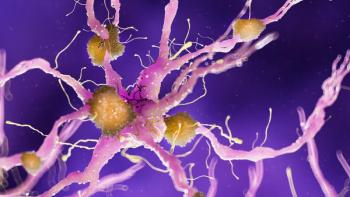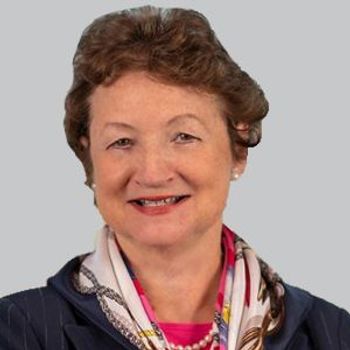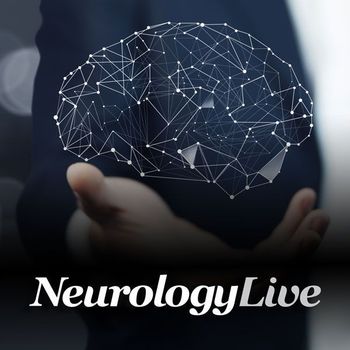
Significant improvements in ON time without troublesome dyskinesia were reported with the cell therapy after 1 year, with more apparent effects observed in the high-dose group.

Significant improvements in ON time without troublesome dyskinesia were reported with the cell therapy after 1 year, with more apparent effects observed in the high-dose group.

Data from a multiple-ascending dose study suggest the investigational agent developed by Design Therapeutics was generally well tolerated with dose-related increases in frataxin levels.

In November 2022, BrainStorm received a refusal to file letter from the FDA for the biologics license application of NurOwn.

All dose-escalation patients withdrew from enzyme replacement therapy (ERT) and remain off ERT.

BrainStorm received indication from the FDA that it is able to request a Type A meeting to discuss the content of the refusal to file letter.

The gene therapy received a positive CHMP opinion in May 2022.

The approval came earlier than the recently extended PDUFA date of July 24, 2022.

Sarepta also presented updated data from Study 101 of SRP-9001 at MDA 2022.

Patients demonstrated a median reduction of 63.5% in CSF NfL levels 6 months after treatment.

Autologous adipose stem cell data in a small cohort provides a feasibility for future validation studies.

ALSFRS-R and FVC values were stable 3 months after treatment but significantly decreased 6 months after treatment, warranting further investigation.

From baseline, all participants showed improvements on CGI-Improvement scale scores while all but 1 patient demonstrated improvement on modified Hoehn and Yahr scores.

The cell therapy is set to be evaluated in a 2-part, phase 1/2 trial.

Tofersen failed to meet its primary end point in change from baseline in ALSFRS-R but differences in total cerebrospinal fluid SOD1 protein and neurofilament light chain were observed.

Newly published data continues to demonstrate Zolgensma's efficacy in presymptomatic and symptomatic SMA Type 1.

Asklepios BioPharmaceuticals noted that it plans to initiate dosing for the LION-101 phase 1/2 clinical trial in the first half of 2022.

No adverse effects on weight, general activity, or survival in knockout mice and wild type littermates were observed throughout the study.

Apic Bio plans to initiate a phase 1/2 clinical trial in late 2021 or early 2022 as a multi-center, 3-part study to evaluate APB-102 in patients with SOD1-ALS mutations.

Clinically relevant scores of 32 and 44 on the Fugl-Meyer Motor Score were documented in 2 patients who received NSI-566.

The Pfizer candidate PF-06939926 has also received fast track, orphan drug, and rare pediatric disease designations from the FDA.

The Expanded Access Program will offer treatment for patients with ALS who have completed the phase 3 clinical trial and will not interfere with data or regulatory timelines.

Results of the phase 2 study support continued dose escalation of SRP-5051 and further clinical development.

Nearly all patients in this cohort achieved a clinically meaningful >3-point increase during the study period, demonstrating a consistent response to the gene therapy.